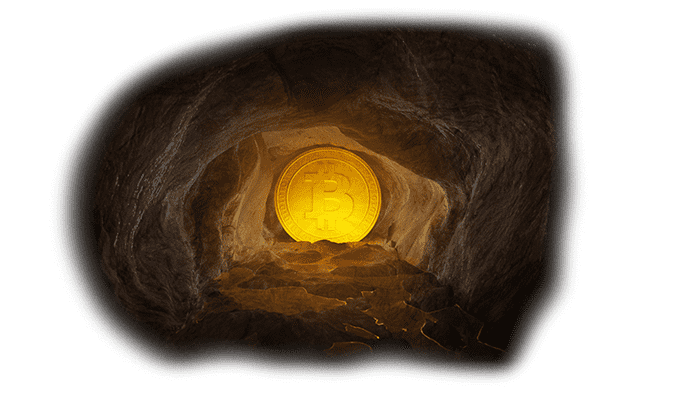Bitcoin mining a waste of energy?
Region: Europe
Apr 16, 2018, 5:11:09 PM Published By Wirex Team
Bitcoin mining uses energy a lot of it. So much so, that in 2017, Newsweek declared mining for the cryptocurrency will consume all of the worlds energy by 2020. Its a fanciful headline but the fact that Bitcoin mining uses more energy than some entire countries in a single year, does make it hard to refute that crypto mining uses more than its fair share. But how does this translate into real terms; what are the potential implications for miners in terms of cost and feasibility; and what can we do about it?




